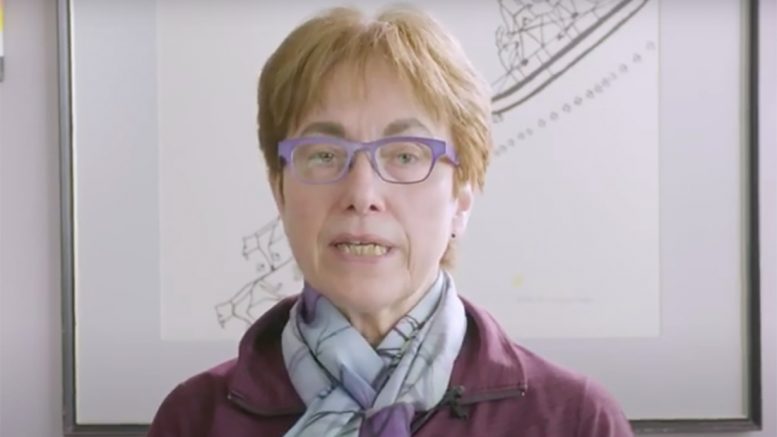By Laura Mushumanski
(ANNews) – Without the understanding of our mind-body connection, and as we age and lose our hearing, so does our ability to feel smoke signals pass through our backsides on any given day. One of the teachings from our Indigenous culture circulates around the mind-body connection. If we are to abandon the teachings of our own medicine, and the medicine representing us- with the four quadrants of the medicine wheel basking in our essence with lingering frybread residue from our fingertips, each of our spirits will not be able to find our place and role on Mother Earth.
Unless we maintain balance in our lives, we will start to feel displaced from our mind-body connection. The connection that is lost creates an imbalance of emotional, mental and physical despair throughout the body, and ultimately leads us to facing suffering in a physical form, and in this case- chronic illness.
The leading cause of death within Indigenous populations living in Northern Canada is cancer. Lung, colorectal, breast and prostate cancer are the leading causes of cancer related deaths among NWT residents. To prevent cancerous cells from spreading throughout the body, health care officials came together many moons ago to establish a cancer screening initiative. Unfortunately one setback about living in Northern communities is the limited health services and facilities.
There are over 200 types of cancer that can form throughout the body. Cancerous cells often start by an abundant amount of cells being damaged, creating unusual cell growth within the body. And once these cells start rapidly multiplying, all hell will break loose. Like having too many bingo callers and not enough players, cancerous cells will start to overcrowd healthy cells, making them inadequate to do their job.
Screening programs that are available, help encourage patients to detect cancer – and the earlier the better. It is easier to treat early stages of cancer and can result in finding a cure.
And as we start to age like fine wine, the risk of having damaged cells within our bodies increases. The main risk factors relating to damaged cells within the body comes from having too much of the good stuff. But with practicing discipline, lifestyle choices can omit the pain and suffering that tobacco use, firewater misuse, unhealthy diets, almost non-existent physical activity and unprotected sun exposure can create within our bodies.
As of February 2020, there has been an ongoing series of 11 educational videos being released specifically for Indigenous people living in Northern Canada, focusing on cancer prevention and awareness.
The Cancer ACCESS project, affiliated with The Northwest Territories Health and Social Services Authority and in partnership with the Department of Health and Social Services and the University of Alberta’s Indigenous & Global Health Research group, led by Dr. Sangita Sharma conducted research, ultimately revealing NWT residents were misunderstanding cancer screening- preventing accessing health services within their communities.
The research team from UAlberta, ensured that the questions and concerns from residents living within Northern Canada were being effectively addressed in each of the eleven videos. The team worked with community Elders, local community members and health-care staff. Each video was reviewed beforehand by a community advisory board, over 400 community members and Elders, and along with the Department of Health and Social Services of the Government of the Northwest Territories, and the Hotıì ts’eeda Northwest Territories Strategy for Patient-Oriented Research Support Unit.
When tuning into each of the eleven videos, there are informal scripted conversations between community members from the NWT, along with information being shared by a healthcare professional about specific types of cancer and instructional videos discussing the process of cancer screening.
The following videos have been released for Indigenous NWT residents to use as a resource for cancer prevention and awareness:
Colorectal Cancer Screening: A Conversation
Cervical Cancer Screening: A Conversation
The Procedure for a Pap Test (Cervical Cancer Screening)
Northwest Territories Health and Social Services has also created a NWT Cancer Strategy document for residents to access cancer related resources.
Laura Mushumanski is a Local Journalism Initiative reporter for Alberta Native News.



Be the first to comment on "Cancer ACCESS NWT is keeping communities informed on cancer prevention"